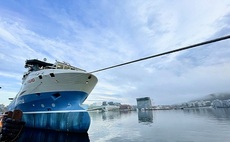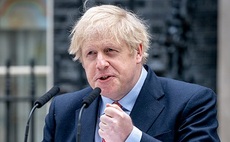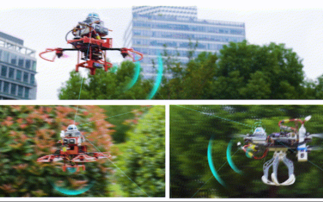Dyson comes clean on electric car plans after employing 400 engineers since 2015 to work on the project
Dyson has revealed that it is developing an electric car, with the company planning to launch a product by 2020. The news was disclosed yesterday by company founder Sir James Dyson in a company-...
To continue reading this article...
Join Computing
- Unlimited access to real-time news, analysis and opinion from the technology industry
- Receive important and breaking news in our daily newsletter
- Be the first to hear about our events and awards programmes
- Join live member only interviews with IT leaders at the ‘IT Lounge’; your chance to ask your burning tech questions and have them answered
- Access to the Computing Delta hub providing market intelligence and research
- Receive our members-only newsletter with exclusive opinion pieces from senior IT Leaders



















